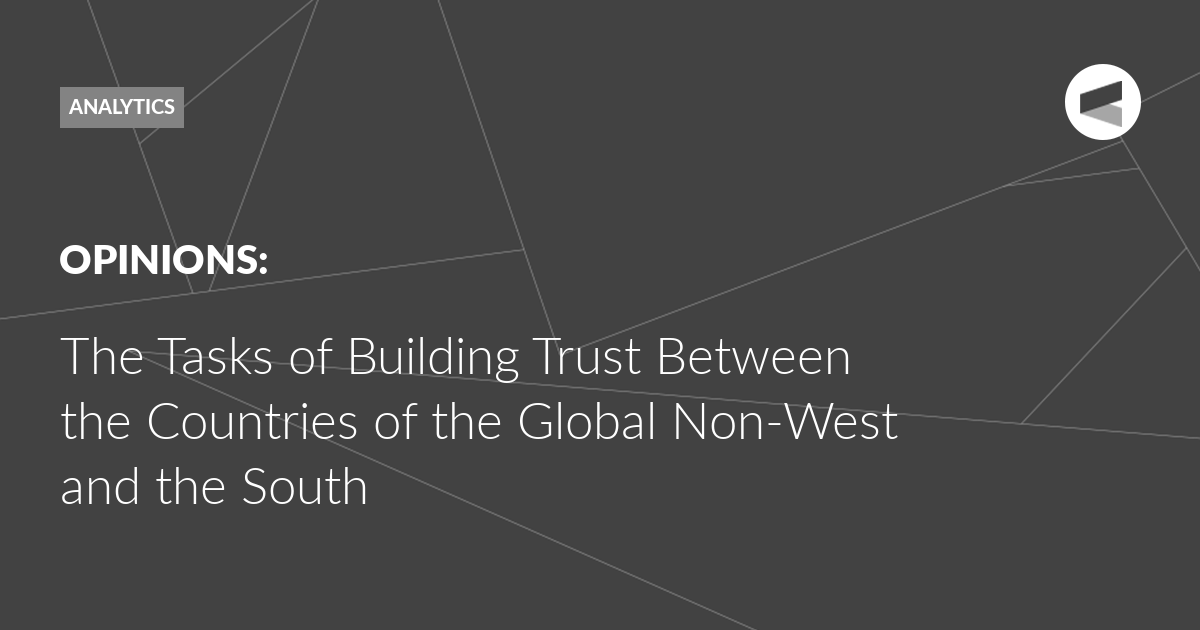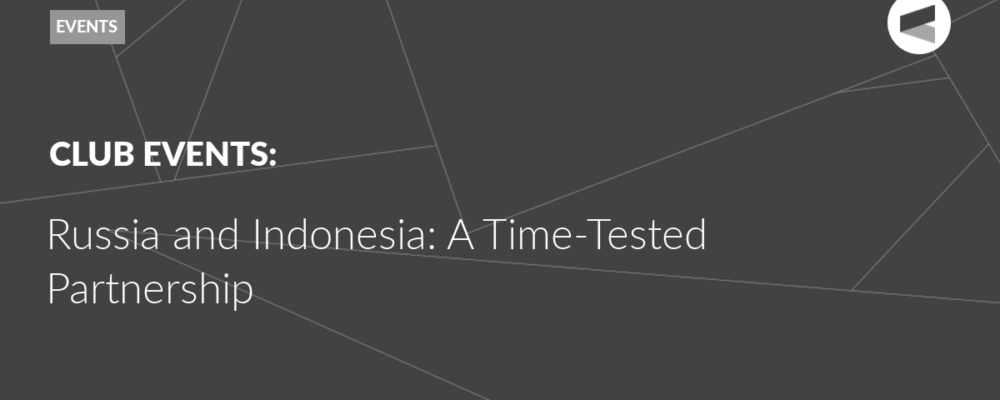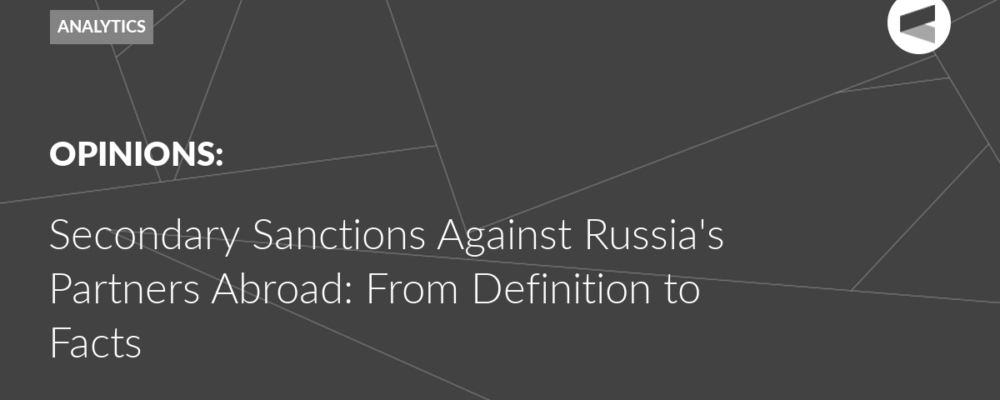One of the foundations of this approach was the Bandung Conference of 1955. Non-Western countries for the first time proclaimed their common goals and objectives. The declaration of this conference recorded the commitment of non-Western countries to the common cause of fighting Western colonialism and imperialism, the recognition of the principle of equality of all participants and differences between them, as well as the joint promotion of common interests in the name of development. Later, a similar model served as the basis for the creation of ASEAN. At present, it is reflected in the value platforms of BRICS and the SCO.
Similar and largely analogous processes may be observed in another macro-region of the world – in Africa. An independent structure was created there, coordinating the activities of the continent’s states on development and security issues. This is the Organisation of African Unity, formed in 1963. It was established to enshrine the values shared by African states and address the task facing them – opposition to colonialism and neocolonialism. In this regard, it is indicative to recall the statements of the founding fathers of the Organisation of African Unity at that time. The first president of Tanzania, Julius Nyerere, clearly said: “If the Africans of Africa unite, imperialism must go”
and “Only with unity can we be sure that Africa really governs Africa”.
The late Emperor of Ethiopia, Haile Selassie I, in his opening speech at the Addis Ababa summit on May 25, 1963, where the Organisation of African Unity was created, also spoke directly about the need for unity and that particular differences between individual states should not interfere with this: “Unity is the accepted goal. We argue about means: we discuss alternative paths to the same objectives; we engage in debates about techniques and tactics. But when semantics are stripped away, there is little argument among us. We are determined to create a union of Africans.”
It is also significant that this keynote speech emphasised the direct relationship between Africa and Asia in their common struggle against Western colonialism: “We stand united with our Asian friends and brothers. Africa shares with Asia a common background of colonialism, of exploitation, of discrimination, of oppression. At Bandung, African and Asian States dedicated themselves to the liberation of their two continents from foreign domination and affirmed the right of all nations to develop in their own way, free of any external interference. The Bandung Declaration and the principles enunciated at that Conference remain today valid for us all.”
It is clear that much time has passed since the Bandung and Addis Ababa conferences, and much water has flowed under the bridge. But at the same time, their traditions, values, and goals remain relevant today. First of all, because they are based on mutual trust.
As a result, given the shared attributes of the historical experience of Asian and African countries, the following principles of trust can be identified, which have already been tested by the political practice of the non-Western world:
1. Recognition of a common goal. It is this that unites different states, and moving towards it is an undoubted priority in their policies.
2. Recognition that specific differences should not hinder moving towards a common goal.
3. Understanding that these specific differences will not disappear. Each country has its own specific features and its own unique path of development. Trust implies a tolerant attitude towards differences and joint compromise solutions so that differences do not lead to conflicts.
4. Flexibility of institutional and procedural mechanisms. The combination of trust and recognition of differences determines the non-priority of rigid institutional frameworks and restrictions. The practical result is a kind of amalgam of various structures with different formats of membership and obligations. This amalgam can combine both common “umbrella” structures (in particular, under the auspices of the eventual Charter of Eurasian Security) and existing associations (particularly BRICS, SCO, etc.). Particular attention to the development of “outreach” formats and partnerships (as a modern example, the development of cooperation between BRICS and a wide range of non-Western states).
5. Gradual internal consolidation. At the same time, promoting the maturation of the necessary conditions for this.
6. Strengthening mutual solidarity between non-Western countries, based on trust.
7. Commitment to finding non-Western solutions to existing regional and global problems. So that the right to development of non-Western countries isn’t held hostage to new global restrictions.
It is clear that such a path is longer than simple intra-bloc discipline. But, first, it is more realistic in the current conditions (perhaps the only realistic one). And, second, it is based on a tradition of non-Western cooperation that has already lasted for many decades. Therefore it is more organic and acceptable for everyone.
The Valdai Discussion Club was established in 2004. It is named after Lake Valdai, which is located close to Veliky Novgorod, where the Club’s first meeting took place.
Please visit the firm link to site






